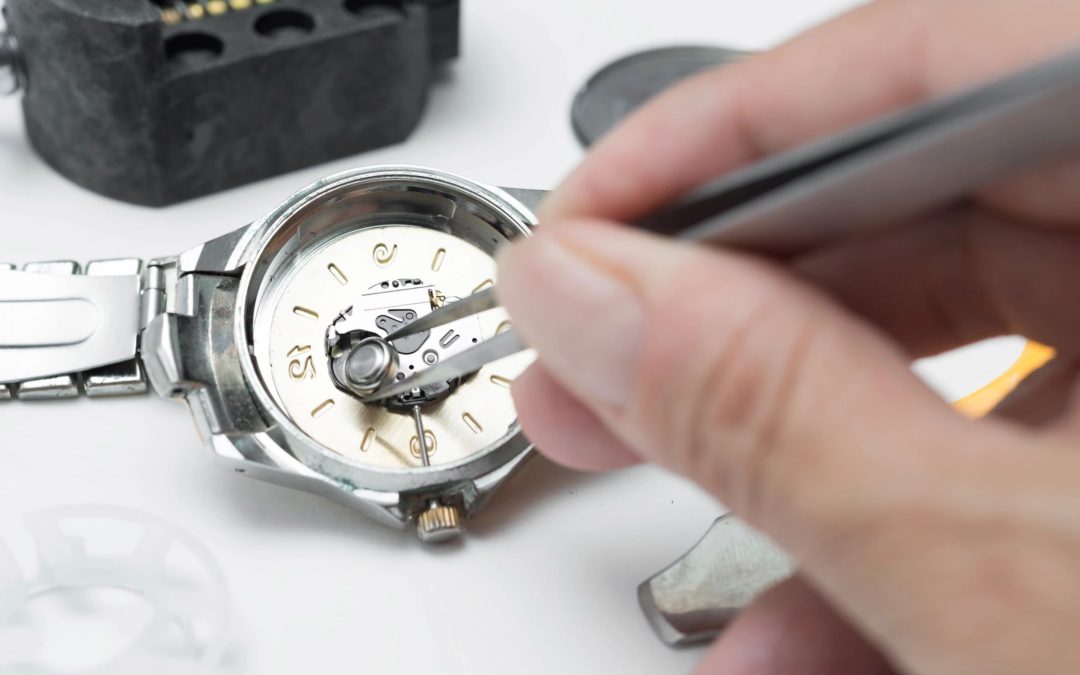
by Albert Liou | May 30, 2018 | Estoppel, Federal Circuit
By: Albert Liou In XY, LLC v. Trans Ova Genetics, L.C., Nos. 2016-2054, 2016-2136 (Fed. Cir. May 23, 2018), an appeal from the District of Colorado, the Federal Circuit gave preclusive effect to a PTAB finding, something it has done several times in the recent past. ...

by Matthew Johnson | May 23, 2018 | CBMs, Estoppel, Motions Practice, PTAB Trial Basics
By: Sue Gerber and Matt Johnson We recently reported some early observations about possible trends at the PTAB in the wake of the Supreme Court’s decision in SAS Institute Inc. v. Iancu. See Observations: Three Weeks After Supreme Court’s SAS Institute Decision. On...

by John Marlott | Apr 11, 2018 | Estoppel
By: John Marlott The AIA prohibits institution of a post-grant proceeding when the petitioner previously “filed a civil action challenging the validity of a claim of the patent.” 35 U.S.C. § 315(a)(1). PGR petitions (including CBM petitions) are subject to the same...

by Sue Gerber | Apr 3, 2018 | Estoppel, PGR
By: Sue Gerber While claims among patents in the same family can be very similar, such similarities are not enough for the statutory estoppel provision of 35 U.S.C. §325(e)(1) to apply. In Telebrands Corp. v. Tinnus Enterprises, LLC, the PTAB interpreted the scope of...

by Jones Day's PTAB Team | Mar 16, 2018 | Claim Construction, Estoppel, Federal Circuit, PTAB Trial Basics
By: Rich Graham and Matt Johnson On March 13, 2018, in Nestlé USA, Inc. v. Steuben Foods, Inc., 2017-1193 (Fed. Cir. Mar. 13, 2018), the Federal Circuit confirmed that collateral estoppel may preclude the need to revisit an issue that had already been resolved against...

by John Marlott | Mar 2, 2018 | Estoppel
By: Tom Ritchie and John Marlott Petitioner Estoppel There is no doubt that “the potential for estoppel is one of the important considerations for defendants in deciding whether or not to file an [inter partes review (“IPR”)] petition.” Shaw Indus. Grp., Inc. v....







